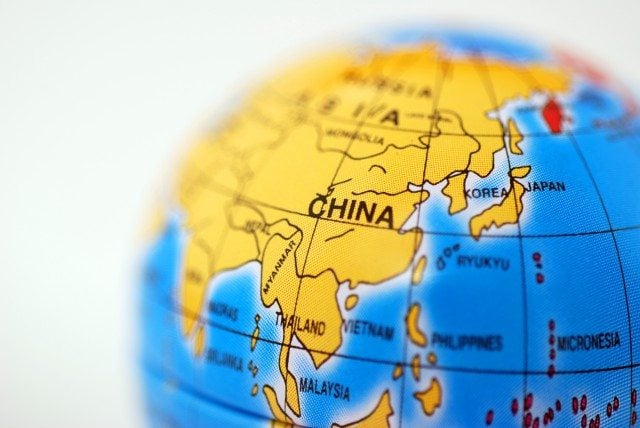Advanced Lipids, the 50-50 joint venture company of AAK and Enzymotec, in October 2104 has introduced 16 products containing INFAT in Europe, Oceana and Asia.
INFAT is a sn-2 Palmitate (OPO) fat ingredient, produced by a patented enzymatic process that resembles the composition, structure and nutritional value of breast milk.
“If you look at the breast milk composition, you will see that there are molecules and components,” Avner Avissara, VP Sales Infant Nutrition for Enzymotec tells FNI at a press tour in Israel this month.
“There is still a way to go in creating a product that is close to human milk. Our human milk center of knowledge and excellence enables us to collect information and studies for us to analyze and learn more on bringing different fractions closer to human milk.”
INFAT ensures an optimal level of OPO in the infant formula.
A series of clinical and preclinical trials demonstrated that infant formulas containing INFAT show a beneficial contribution to infant’s health and well-being, relating to enhanced beneficial gut flora, controlled intestinal health, softer stools, increased fat absorption and increased bone strength.
Moreover, Enzymotec says the OPO fat ingredient is the only one that has been clinically proven to reduce crying duration in healthy babies by 50%.
The main reduction is observed from late afternoon to evening.
OPO use in China
INFAT is available in brands such as Nestle, Danone and major brands in China.
OPO is commonly used as the generic name in China’s infant formula products, which tells mothers of the premium products.
“OPO has become a standard in China as a competitive edge among infant milk formula companies,” says Avner.
“The market in China for infant milk formula is unique with its one child policy, where parents are concerned about the child. They want to give him/her the best, be competitive and an achiever.”
“Chinese parents are willing to invest more and the whole market developed over our expectations because of quality that led to the development of products,” he says.
For market differentiation, international brands such as Abbot, Nestle and Danone, as well as local brands innovate for market differentiation.
“In China, a product that would cost US$50 would cost US$15 in Europe. But this would probably change with competition and ecommerce. When you have competition, you need innovation,” says Avner.
Quality, safe products
“Chinese consumers also seek quality and due to the large market size, the market development and industry are diversified to support the Against the backdrop of the melamine incident in 2008 and dairy-related safety issues, Chinese are more demanding on product safety, quality and country of manufacture.
“Even Chinese branded products are manufactured in France, Ireland, Australia or New Zealand,” says Avner.
Recognizing that breast milk is the best source of nutrition for infants and babies, Ram Shemer, marketing director of Enzymotec says infant milk formula offers a convenient option for parents to feed their young, especially for working mothers.
In Europe, there are fewer children and mothers with long maternity leave from work are educated on the benefits of breastfeeding their babies.
While this is not the case in China and the Chinese government is encouraging more women to breastfeed their babies.
As more Chinese women and families recognize the benefits of breastfeeding, China will continue to demand quality, healthy and safe infant milk formula for infants and children, which Enzymotec continues to supply OPO to manufacturers in the long term.










